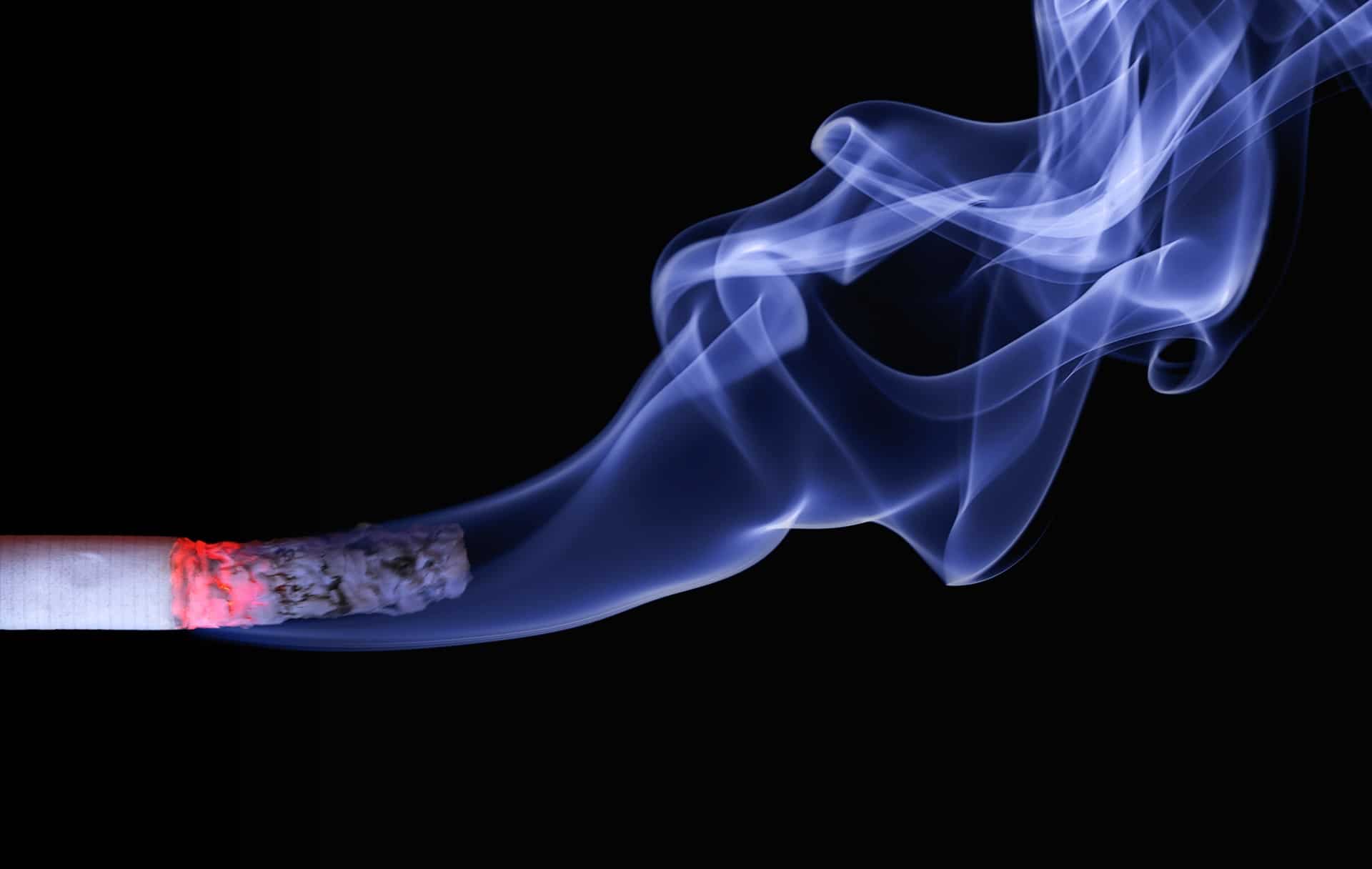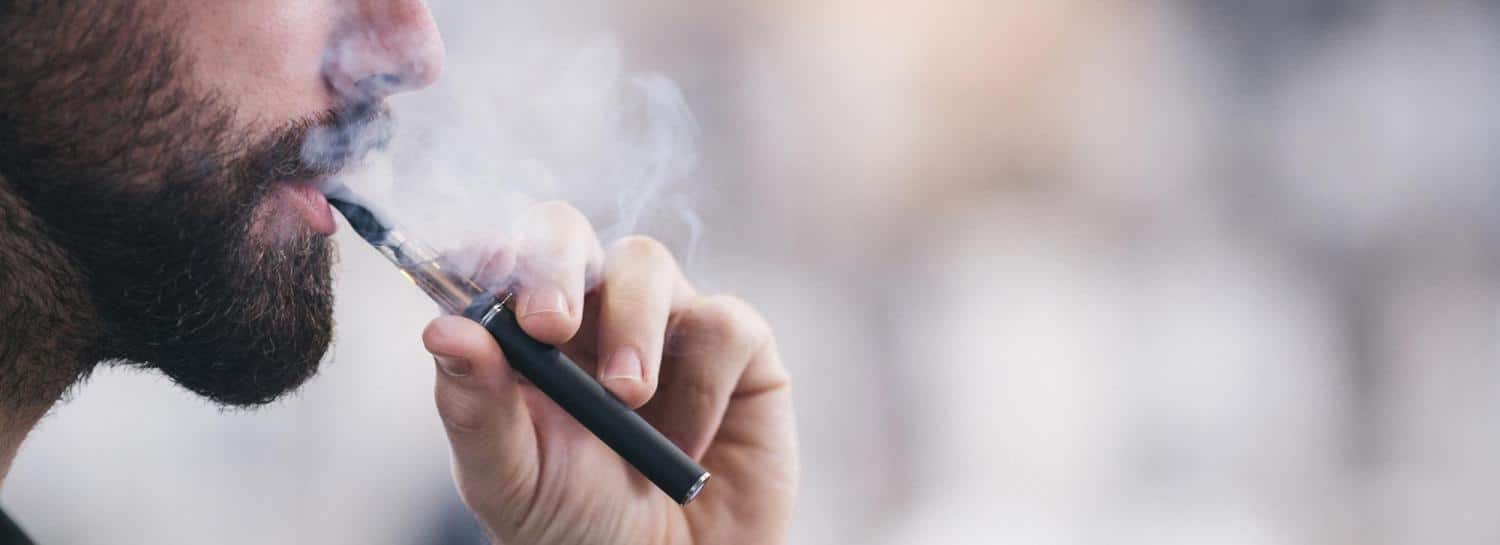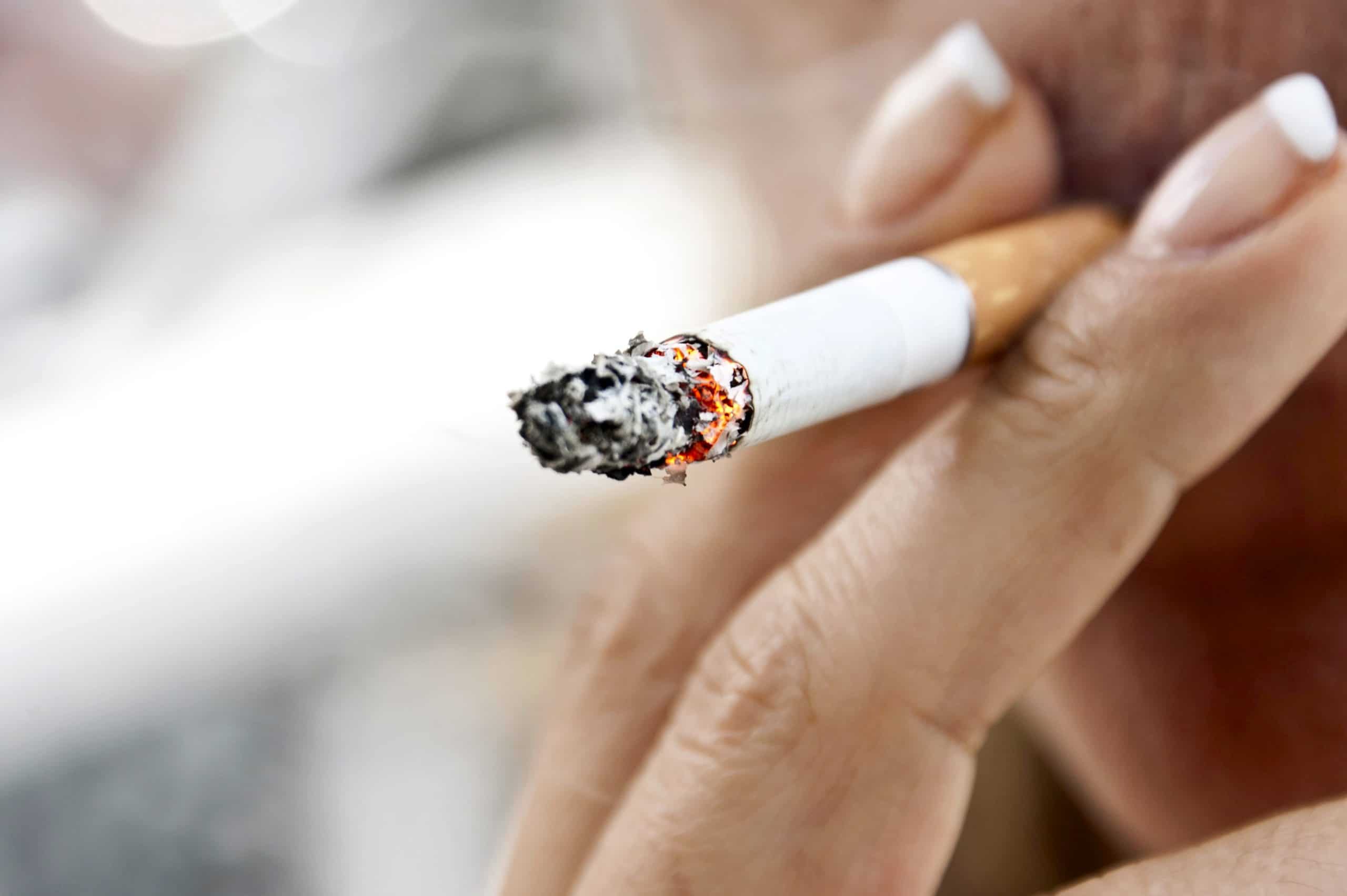How soon, doc? That’s the question on every smoker’s mind after a tooth extraction. If you’re a smoker you’re probably wondering the same thought, when can I begin smoking after a tooth extraction?
Trust me, I’ve seen it. It provokes anxiety to have a tooth extracted, but when you’re a cigarette smoker, it takes it to another level. It adds another layer of restriction from your normal routine. That’s a huge concern when smoking is your biggest vice.
In this article we’ll discuss the details, what happens if you smoke after a tooth extraction, why your dentist tells you not to, and the secrets to avoid the problems of smoking after a tooth extraction.
But as a quick summary, after a tooth extraction, a Nicotine patch will ultimately be your best friend to prevent complications of traditional smoking.
Oh, and don’t worry, I’m not going to shame you. We’ll leave that to the surgeon general or for another article. This article is designed to help you get through the first few days, hopefully, without smoking after tooth extraction. You can focus on quitting when you’re ready …and, hopefully, incorporate that into your New Year’s resolutions this year.
Smoking after Tooth Extraction

Why does you dentist advise against smoking after a tooth extraction, that’s the million-dollar question. I’ll answer it very clearly here. There’s three reasons why smoking after a tooth extraction causes problems:
Heat
You’ve taken your temperature with a thermometer under your tongue right? The mouth, and the body for that matter, depend on a very specific temperature range. Much higher or lower than 98.6 degree Fahrenheit is a major problem. So when you’re inhaling a flaming cigarette into your mouth, does the temperature of the mouth increase? You bet it does. The effect of excess heat on delicately healing gums is a major irritant. The heat inflames the already inflamed extraction site. There’s actually a diagnosed condition of this called nicotine stomatitis. The inflammation not only increases pain, but also is like pouring salt into an open wound. It sets things back and the body has to work even hard to heal.
Chemicals
Okay, on the side of a pack of cigarettes there is quite a list of chemicals. That’s not exactly the definition of organic or holistic healing. Many of the chemicals in cigarette smoke affect the body locally but also enter the blood stream. What happens next? The healing response weakens. Smoking reduces oxygen in the blood stream, and also has a drying affect of the tissues occurs. All this adds up to affect the health of the body and the ability to heal.
Suction
That puffing motion that happens in the mouth during smoking is sucking the healing out of your gums– literally. After a tooth is extracted, there is a hole left in the gums for some time. In order for that hole to heal, blood must fill the area and clot. A blood clot forms and stabilizes after a tooth is extracted in about 72 hours. If you are sucking back on a cigarette during that time, what do you think happens? The blood clot can easily dislodge. No blood clot, no healing. We call that a dry socket. It’s painful and it sets back the healing until a new blood clot forms. Its a painful process to heal once the blood clot is dislodged.
Oh, and in case you’re wondering, the mechanical suction issue caused by smoking is a problem for all types of smoking including vaping, pipes, or whatever creates that mechanical vaccum in the mouth.
What Happens If You Smoke After Tooth Extraction

If you have kids, you’ll understand easily. Adults are similar to kids. They don’t like to be told not to do something they want to do. A child wants to touch a hot stove, or if you’re Elon Musk’s kids, launch the family dog on a rocket. If you tell them not to, what happens? They cry, they pout, they stomp their feet.
And here’s why: they don’t understand what could happen if they do. Its unsettling to be told “No” without understanding the significance of why.
When I tell people not to smoke after a tooth extraction, if I’m to have any chance success, I have to tell them why. So now let’s discuss what happens if you smoke after a tooth extraction.
Delayed Healing
Plan and simple, smoking after a tooth extraction delays healing and increases the risk of complications. The reason is the heat and chemicals irritate the would of a tooth extraction which dramatically slow the healing process. Studies show that cigarette smoking can delay the healing of a tooth extraction by up to twice as long.
Dry Socket
And that’s not all. You have to also remember that the number 1 risk factor for developing a dry socket is smoking after a tooth extraction too soon. The suction of the smoking action is the biggest factor here. The suction, puffing motion created by smoking creates a mini vaccum effect in the mouth which can dislodge the healing blood clot. A tooth extraction without a blood clot cannot heal effectively. Think about if you pealed a scab off your arm everytime as it was trying to heal. Its mechanically removing the body’s natural scaffolding for healing. Smoking increases the chance of losing the scaffolding that heals a tooth extraction.
Infection
Oh, and one more thing. Remember how we talked about how the chemicals from smoking weakens the immune system? What I meant is that it decreases our blood cells ability to fight disease or infection. A long term history of cigarette smoking weakens our immune system and makes the body more at risk of getting an infection during healing. By avoiding smoking during the early healing, you’re giving your body a chance to catch up when it is most vulnerable to infection.
When Can I Smoke After a Tooth Extraction
The preferable amount of time to wait to smoke after a tooth extraction is at 72 hours after. After 72 hours, there is a fewer chance to have a dry socket, however, the longer you wait, the better. The healing site is delicate the first few days and the blood clot needs time to secure itself. That’s why a minimum of 3 days after a tooth extraction is essential for ideal healing.
Now, I know you’re wondering, what If I can’t resist smoking after a tooth extraction? Trust me, I’ve seen it all. If you decide to start smoking earlier, do it at your own risk, but I’ll give you some pointers that can help prevent needless problems.
One of the biggest factors for developing a dry socket is dislodging the clot from suction. Ideally, try to get by and using a nicotine patch or as a second choice option, nicotine lozenges, to help soothe any cravings. If you want a quick search for these products check them out here.
If you must, try to smoke with as little force and suction as possible. You can try to cover the site with a gauze, however, be careful with potentially lighting it on fire. You should also ensure you are well hydrated and try to have water immediately prior to avoid drying the tissues. These preventive measures don’t guarantee you won’t develop complications like a dry socket; however, they offer additional protection.
Can I Vape after a Tooth Extraction

So here’s the deal with vaping after a tooth extraction: It still significantly increases the risk of a dry socket for many of the above reasons, particularly creating a vaccum type suction in the mouth. However, here’s where vaping is slightly advantageous to traditional smoking in regards to extraction healing, it generates less heat and potentially has less chemicals. Although, I do not encourage vaping after a tooth extraction, there are some slight advantages compared to traditional smoking.
Smoking After Tooth Extraction: The Bottom Line
Okay let’s get to the bottom line. If you’re a smoker you should wait to smoke— for at least 3-4 days. Waiting it in your best interest. Avoding smoking after tooth extraction can greatly reduce the possible complications and help you to heal faster
And as I mentioned, I am a big advocate of smoking cessation, but in a sustainable way. If you have been trying to kick the habit for many years, speak with your primary care physician or visit here for more information.


